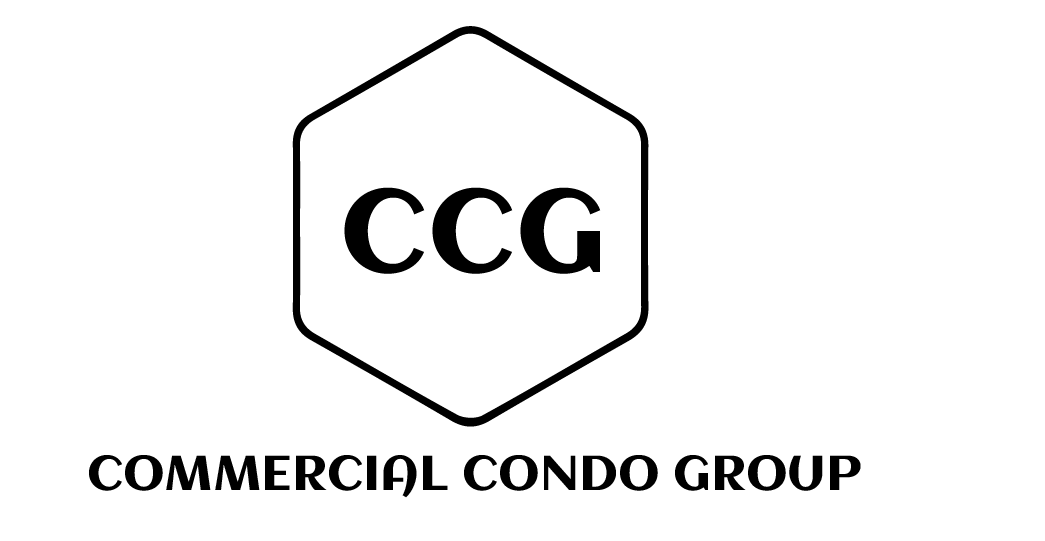For businesses considering the purchase of a commercial condo, obtaining a mortgage is a crucial step in the acquisition process. Lenders require a comprehensive assessment of the property’s value to determine the loan amount they are willing to extend. This assessment is known as a commercial appraisal. In this article, we will explore commercial appraisals and their significance in securing a mortgage for a commercial condo.
What is a Commercial Appraisal?
A commercial appraisal is a professional evaluation of the value of a commercial property conducted by a certified appraiser. The appraiser assesses various factors, such as location, property size, condition, comparable sales, rental income potential, and local market conditions. The goal of the appraisal is to provide an unbiased and accurate estimate of the property’s market value.
How Commercial Appraisals Affect Getting a Mortgage for a Commercial Condo:
Determining Loan Eligibility:
Lenders use the appraised value of the commercial condo to determine the loan-to-value (LTV) ratio, which is the percentage of the property’s value they are willing to finance. Typically, lenders require a specific LTV ratio, and the appraisal directly influences the amount of financing a borrower can secure.
Assessing Risk:
The appraisal helps lenders assess the risk associated with the mortgage loan. If the appraised value is lower than the purchase price, the lender may view the investment as riskier. As a result, they may require a larger down payment or offer less favorable loan terms to mitigate their risk exposure.
Setting Loan Terms and Interest Rates:
Commercial appraisals play a crucial role in setting the loan terms and interest rates. A property with a higher appraised value may result in more favorable loan terms and lower interest rates, as lenders see it as a safer investment.
Understanding Property Value:
Appraisals provide potential buyers with an objective assessment of the commercial condo’s value. This insight allows buyers to make informed decisions about the purchase, negotiate the sale price, or reassess their investment strategy.
Compliance with Regulatory Standards:
Lenders often require commercial appraisals to comply with regulatory guidelines and lending standards. These standards help ensure that the property’s value aligns with the loan amount, promoting responsible lending practices.
Steps in the Commercial Appraisal Process:
Engaging a Certified Appraiser:
The first step in the commercial appraisal process is engaging a certified appraiser with experience in commercial real estate. Appraisers use their expertise to analyze market data and assess the property accurately.
Property Inspection:
The appraiser conducts an on-site inspection of the commercial condo to gather essential information about the property’s condition, features, and amenities.
Data Analysis:
The appraiser gathers data on comparable properties in the local market to make a fair comparison. These comparable properties help determine the commercial condo’s fair market value.
Report Generation:
After completing the inspection and data analysis, the appraiser generates a comprehensive appraisal report, documenting their findings and explaining the property’s valuation.
Conclusion:
Commercial appraisals are a critical aspect of the mortgage process for purchasing a commercial condo. They provide lenders with an unbiased assessment of the property’s value, enabling them to make informed decisions about loan eligibility, terms, and interest rates. For buyers, a commercial appraisal offers valuable insights into the property’s market value, guiding their investment decisions and negotiation strategies. Engaging a qualified and experienced appraiser is essential to ensure an accurate and reliable appraisal, which plays a pivotal role in securing the necessary financing for your commercial condo purchase.







